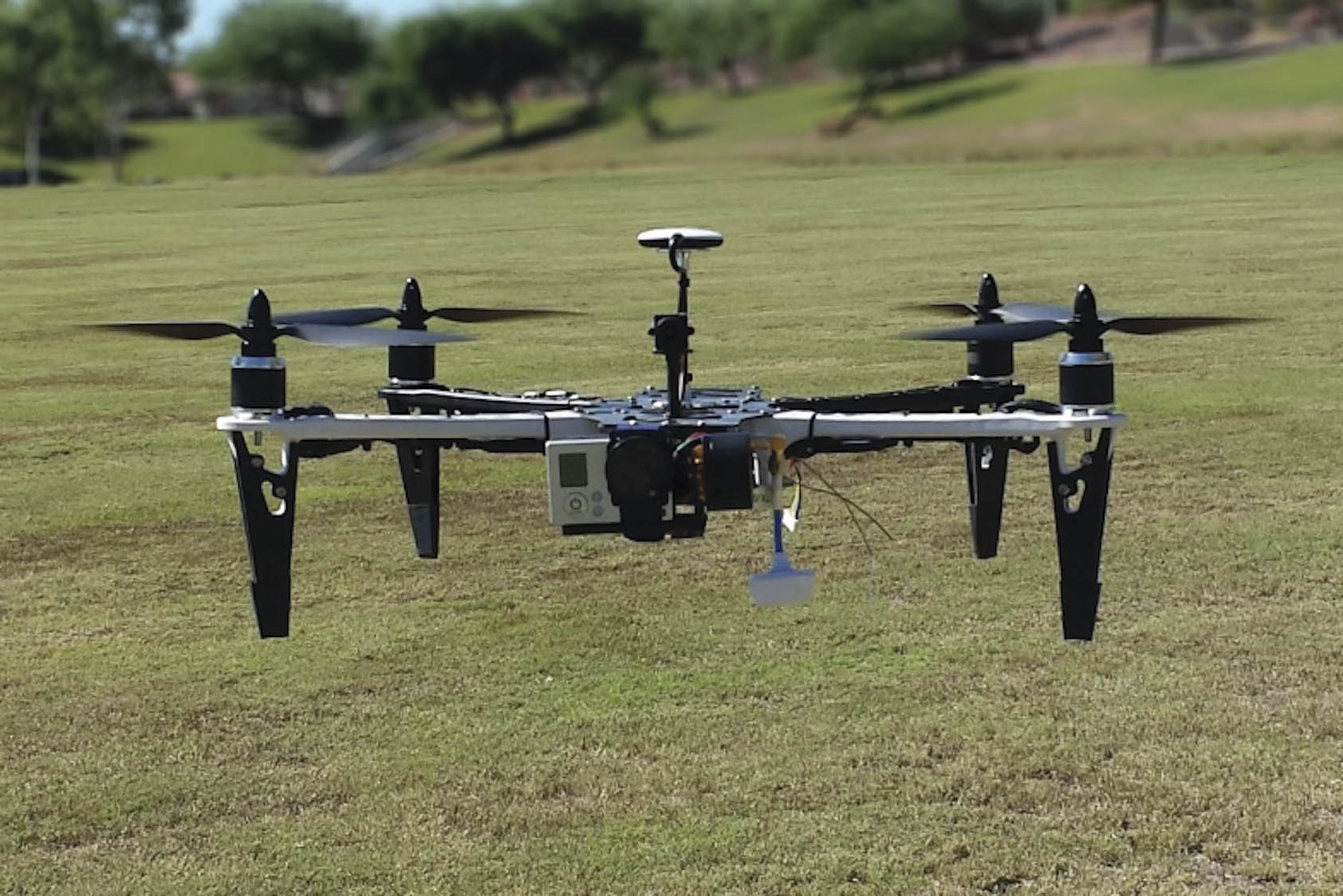 2025-08-07
2025-08-07
I remember the first time I learned process control, the teacher used matlab to give a demonstration on the spot, and only used a proportional controller Kp. When the gain was small, the controlled object responded slowly and the steady-state error was large. The larger the Kp, the smaller the steady-state error, but when the Kp is too large, some systems will even be unstable. Later, I did the experiment of water tank level control, Freescale smart car, and the car that went to the designated point by listening to the sound. In that era of universal PID solution, I also found that the controller had a similar reaction when I was constantly trying to find the parameters.
So is it really better that the controller gain is smaller? Although the convergence speed is slower and the steady-state error is smaller, at least it is not easy to lose stability, right? Is there any more benefit if the controller gains a little more? A controller is designed to make its steady-state error less than 1%. Very lazy to design a high gain proportional controller with K=99. . After calculation, the steady-state error is less than 1%, and the suppression of external interference is acceptable. Although there is no integral link to make it error-free, the error is still small. High controller gain can better offset external interference and modeling error, but it will amplify measurement noise. The choice of controller gain is a trade-off problem. In addition, if conditions permit, try to buy good sensors.
